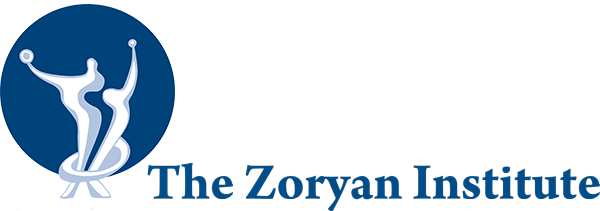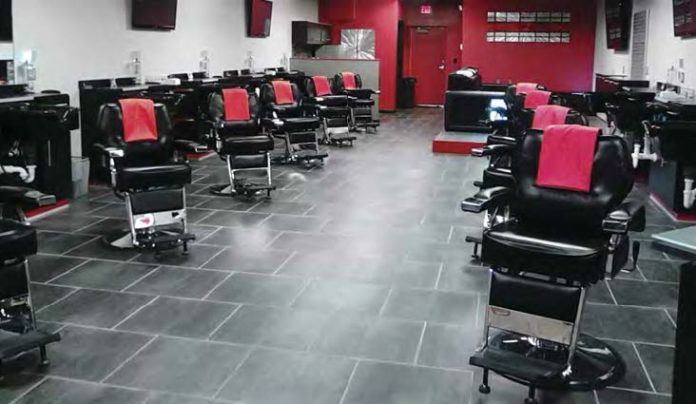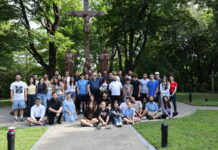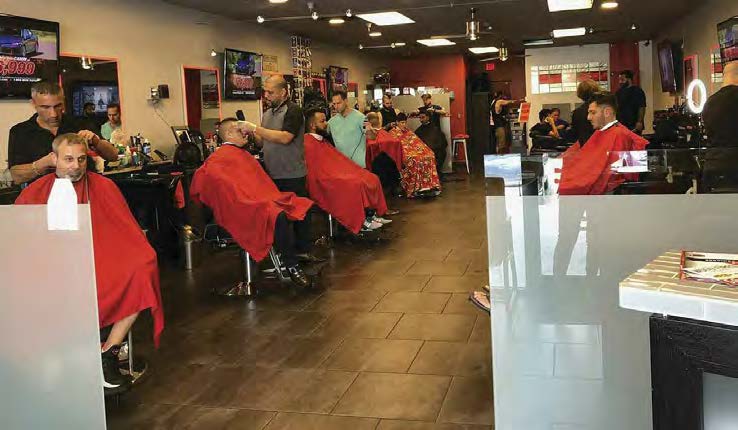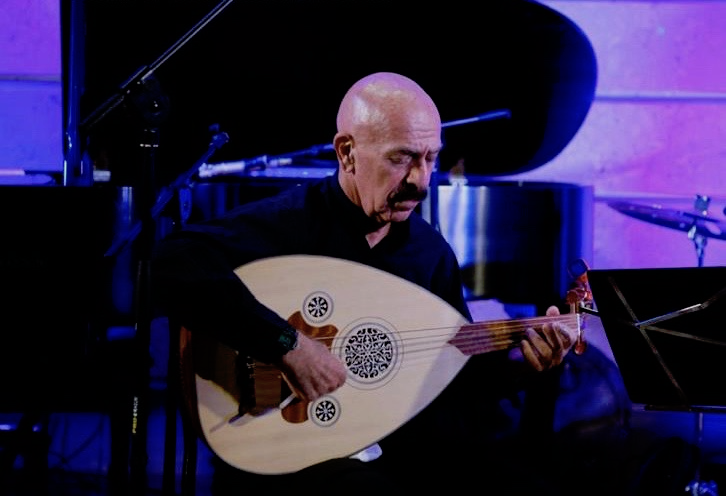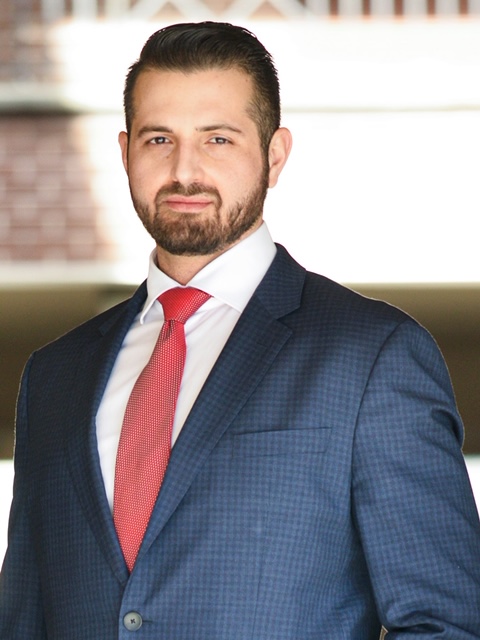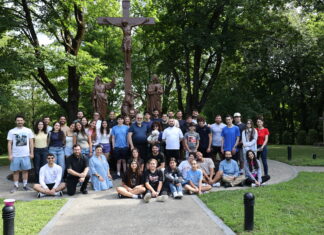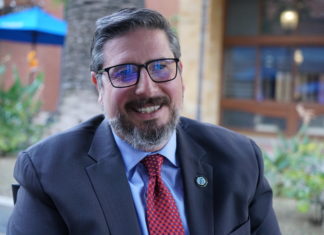MIAMI — The Armenian-American community in Florida, one of the newer diasporan pockets in the United States, has created a strong presence for itself in the Sunshine State that has become even more evident during the pandemic crisis.
The estimated 30,000 Armenian-Americans, who are scattered throughout the state in cities such as Boca Raton and Miami in the south and Orlando and Tampa in the central region, are anchored by several Armenian churches and a community that has come together in times of celebration and hardship. Acclaimed for its year-round sunny weather and over 1,000 miles of emerald coastline, Florida currently has close to 40,000 cases of COVID-19, concentrated in the south, which precipitated the closure of non-essential businesses, parks and beaches and the enforcement of social distancing.
Miami Beach City Commissioner, Mark Samuelian, the first-Armenian-American elected official in Miami-Dade County history, has assumed a strong leadership role during the pandemic. He noted the city was “very quick to heed the warnings” and immediately implemented the “safer at home” order. If individuals enter essential businesses, from pharmacies to grocery stores, they are required to wear masks, groups are prohibited from meeting and public amenities remain shut down.
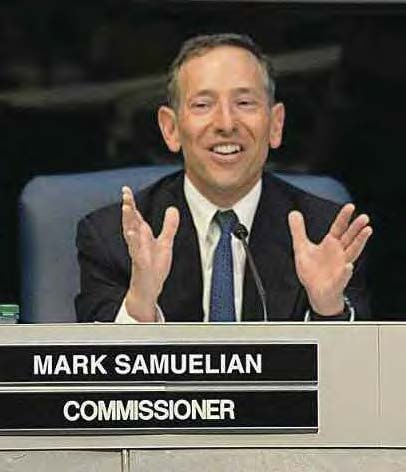
“We wanted to protect the entire community and the most vulnerable, including the seniors and those with pre-existing conditions,” said Samuelian. By reacting fast, the hospital capacity stayed at a manageable rate and Miami “didn’t have the surge and spike other states have had.”
Overcoming the initial stage of the pandemic threat, Samuelian said the city’s attention has now turned to increasing testing and contact tracing. A testing center outside the Miami Beach Convention Center will be launched this week, making it the first in Florida to provide walk-up and drive-through testing. Another advancement is antibody testing in Miami Dade County that will determine how many people have been exposed to the virus. Samuelian also noted that Miami Beach has been named one of 10 cities in the US to be included in the Rockefeller Foundation’s COVID-19 National Action Plan, which will enhance testing and contact tracing.
